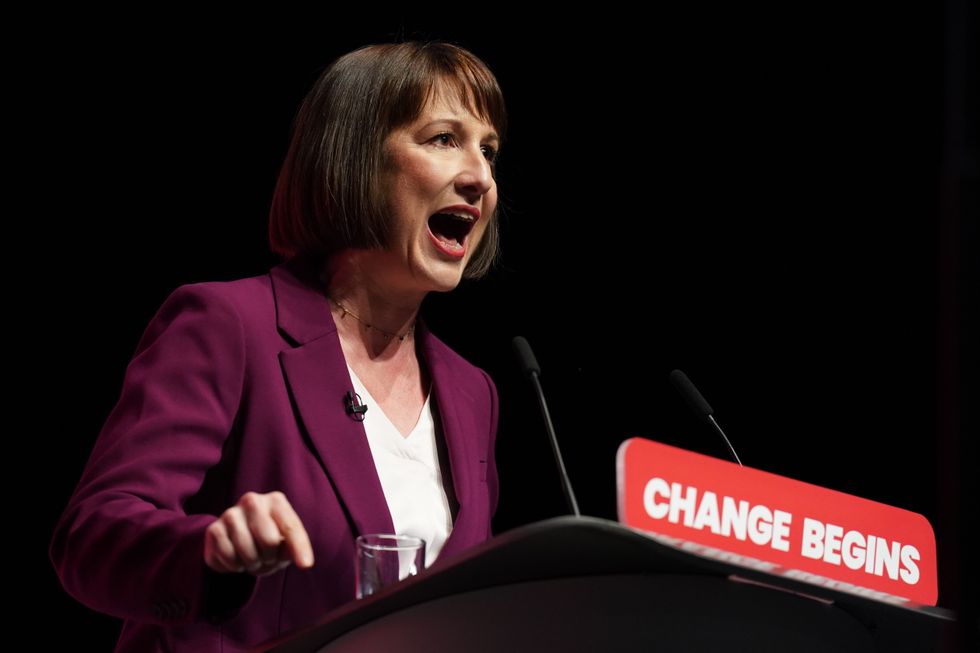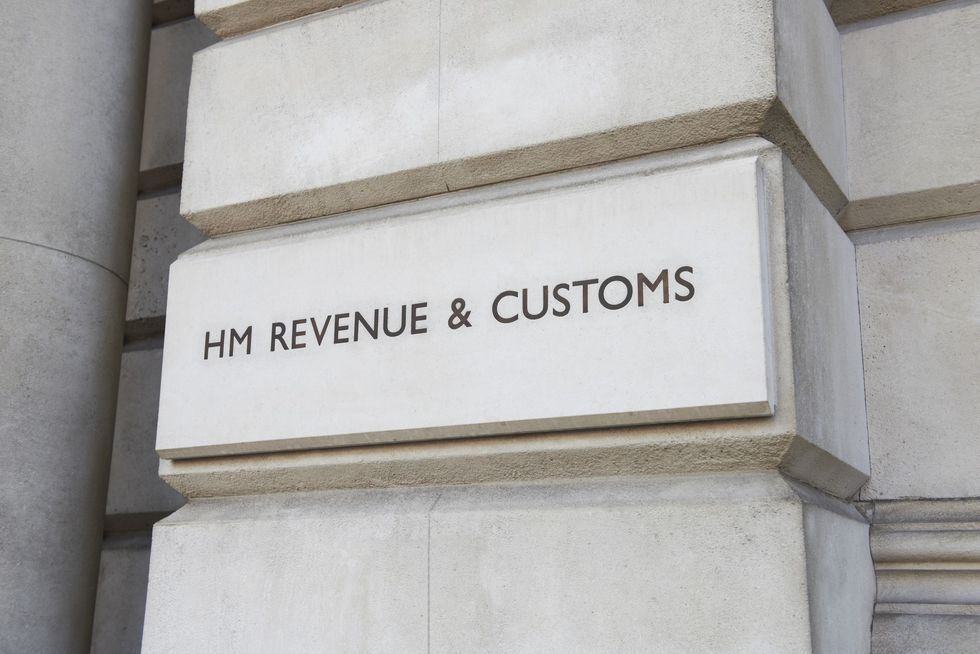Chancellor Rachel Reeves’s rumoured hike to National Insurance could result in bosses “refusing to increase pension contributions” on their workers, according to analysts.
Speculation has been rife that the new Labour Government is considering raising the tax in the upcoming Autumn Budget on October 30.
Both Reeves and Prime Minister Keir Starmer have sidestepped the question over National Insurance contributions from employers being raised later this month.
The levy is a tax administered by HM Revenue and Customs (HMRC), which is paid by both employees and employers and is used to pay for benefits and the state pension.
Going into the General Election, Labour pledged to not raise taxes on “working people” however many believe this does not refer to business owners.
The reported policy proposal has been slammed by business leaders as a “tax on jobs” with the Chancellor being urged to reconsider.
Do you have a money story you’d like to share? Get in touch by emailing [email protected].

Reeves has said the Labour Government inherited a £22bn “black hole” from its predecessors
PA
According to think tank the Resolution Foundation, charging National Insurance on employer contributions at a flat 13.8 per cent rate would raise up to £18billion every year by the end of the decade.
Research suggests that taxing employer pension contributions could potentially cost high-earners around £1,800 every year.
Currently, employers pay National Insurance of up to 13.8 per cent on employee earnings, however, salaries are paid into a pension tax free.
Helen Morrisey, the head of Retirement Analysis at Hargreaves Lansdown, broke down the trickle-down effect hiking contributions could have on peoples’ retirement.
She shared: “This has been less talked about in the press but we could also see employer national insurance being levied on workplace pension contributions.
“As it stands employers pay national insurance contributions of 13.8 per cent on all earnings above £175 per week, not including pension contributions. But this employer incentive looks to be firmly in the Chancellor’s sights.
“However, a move like this comes with drawbacks. It would push up employer costs and the concern is that they could look to recoup this cash either in the form of smaller pay rises or refusing to increase pension contributions.
“Given the ongoing debate around adequacy and how we can help people better prepare for retirement, this could be a backward step.”
LATEST DEVELOPMENTS:
 HMRC is urging Britons to take action GETTY
HMRC is urging Britons to take action GETTY
It is understood that tax reform will be included in the Budget with many analysts citing potential changes to inheritance tax (IHT) and capital gains tax (CGT).
Earlier in the year, Reeves claimed that “tough decisions” will need to be made when creating her fiscal statement on October 30.
Signalling a potential tax raid on high earners, she said “those with the broadest shoulders will be bearing the largest burden” come Budget day.
A UK Government spokesman said: “We do not comment on speculation around tax changes outside of fiscal events.”